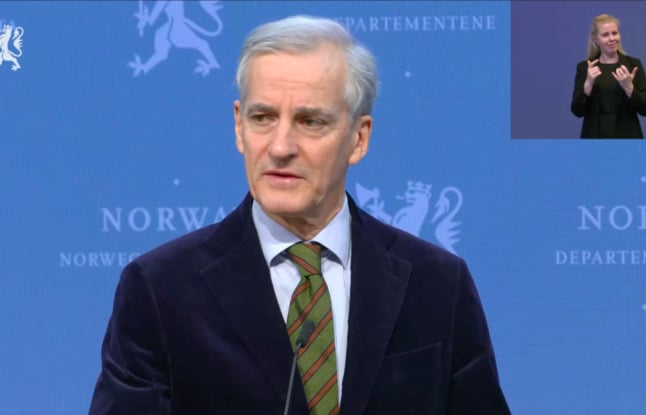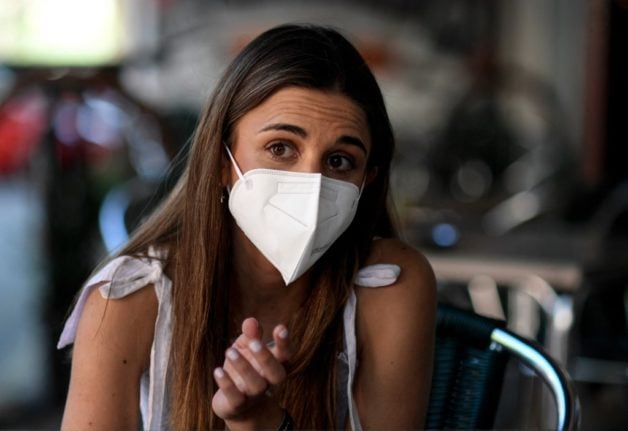“The one-metre rule is disappearing. We are taking away the recommendation on social distancing,” Prime Minister Jonas Gahr Store told reporters at a press conference.
“Now we can now socialise like we did before, in nightlife, at cultural events and other social occasions. And on the way to and from work on buses, trains and ferries,” he said.
Norway’s decision to lift restrictions comes four days after Sweden lifted its restrictions on Wednesday, and twelve days after Denmark did on February 1st.
Støre put the change in restrictions to the shift in infections towards the milder Omicron variant of the Covid-19 virus.
“We can ease the restrictions because Omicron does not cause as serious disease as previous variants. Even though the infection rate is rising, the proportion who end up in hospital is low. We are well protected with the vaccine,” he said. “We can treat Covid-19 like other diseases.”
Among the changes, which apply from 10am on Saturday morning, are:
- The one-metre rule is abolished
- The requirement to wear face masks is abolished
- Only adults with symptoms are now advised to get tested for Covid-19
- The requirement to self-isolate for four days has been downgraded to a recommendation
- Kindergarten children and school pupils should stay home if ill, but can return after one fever-free day
- All remaining requirements to show a negative test on arrival at the Norwegian border have been scrapped
Those who are unable or unwilling to get vaccinated and those in vulnerable groups are still recommended to wear face masks.
Under the new testing requirements, those who test positive using an antigen or lateral flow test at home are asked to register the positive test in their local municipality’s infection tracking system.
Gahr Store stressed however that “the pandemic is not over”, and advised unvaccinated people and those in risk groups to continue practising social distancing and wear masks where social distancing is not possible.
The Norwegian Institute of Public Health (FHI) said the country had yet to see the peak of the Omicron surge, but it was expected soon.
The agency’s director Camilla Stoltenberg told reporters the number of Covid hospitalisations had risen by 40 percent in the past week.
As of Friday, 986,851 cases and 1,440 virus-related deaths had been recorded in Norway, where more than 91 percent of the population has received at least two doses of the vaccine.
FHI estimates that three to four million people from a population of 5.4 million may be infected by this summer.




 Please whitelist us to continue reading.
Please whitelist us to continue reading.
Member comments